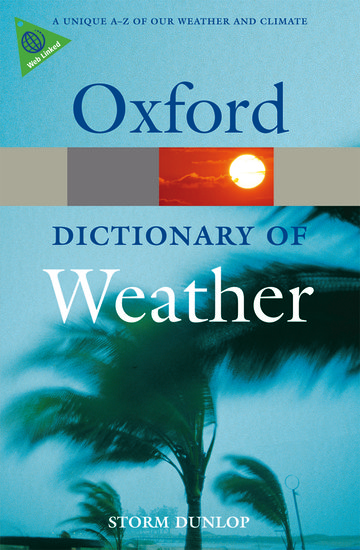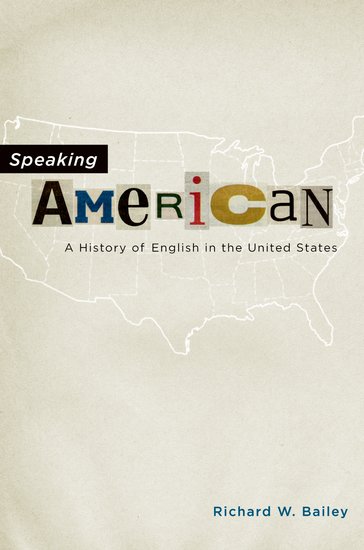Dudes, dandies, swells, and mashers
By Anatoly Liberman
My February blog on dude has been picked up by several websites, and rather numerous comments were the result of the publicity. Below, I will say what I think of the word’s “true” etymology and quote two pronouncements on “dudedom,” as they once appeared in The Nation. But before doing all that, I should thank the readers who pointed to me the existence of some recent contributions to the subject.





